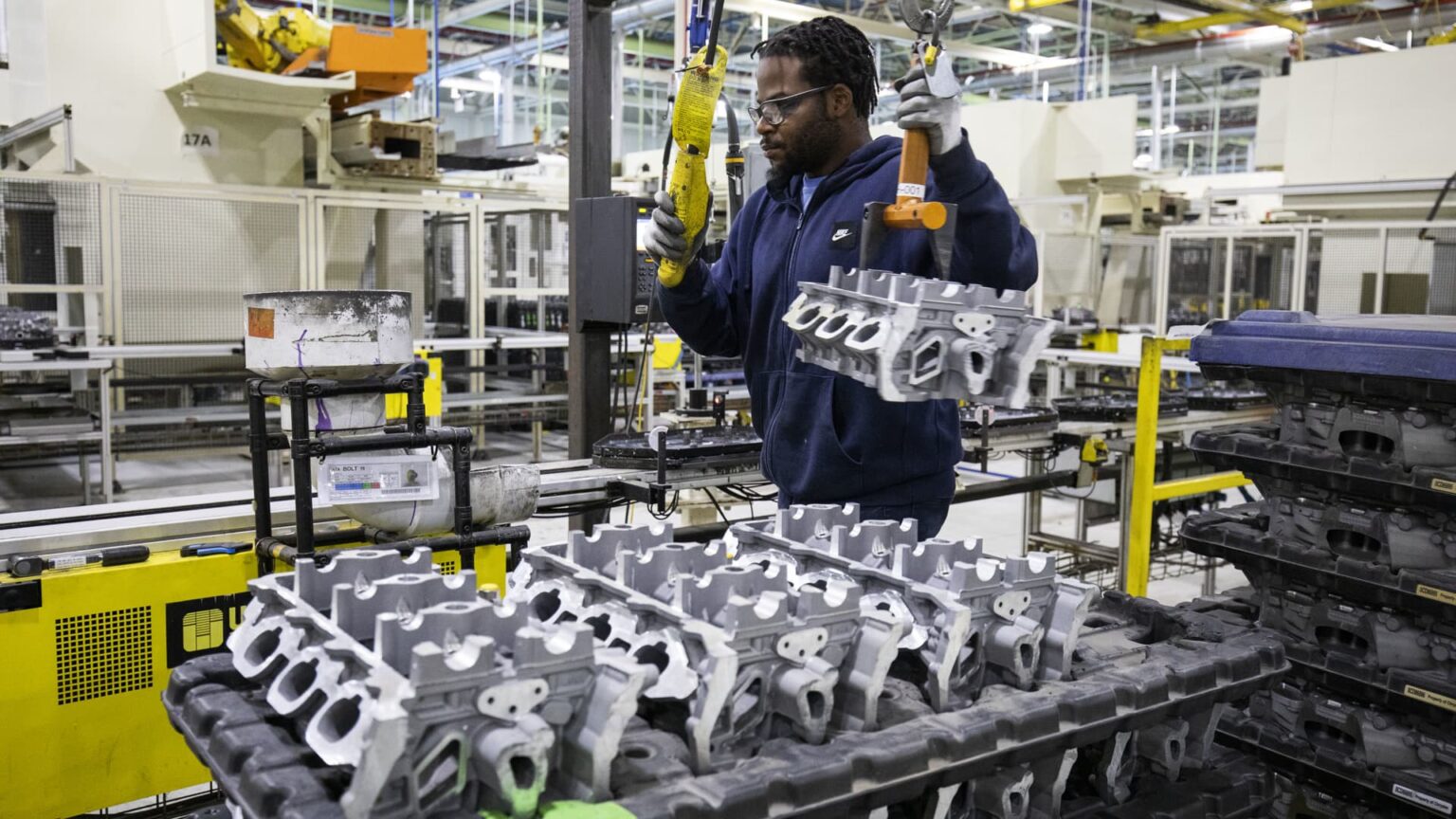U.S. Automotive Industry Groups Unite Against 25% Tariffs on Auto Parts
By Industry News Team
Overview of Industry Concerns
In an unprecedented move, six leading policy organizations from the U.S. automotive sector have collaboratively voiced their apprehensions regarding proposed 25% tariffs on auto parts, targeting an implementation date of May 3. This coalition includes representatives from franchised dealers, suppliers, and nearly all major automakers.
Impact on Production and Employment
The letter directed to officials of the Trump administration highlights the potential threat these tariffs pose to U.S. automotive production. It asserts that a significant number of auto suppliers are already experiencing financial distress, and the additional burden of tariffs could exacerbate the situation. This might lead to:
- Production stoppages
- Layoffs
- Bankruptcies
“Most auto suppliers are not capitalized for an abrupt tariff induced disruption,” the letter states, emphasizing that failure of even a single supplier could cause a cascade of operational halts for automakers, reminiscent of issues faced during the pandemic.
The Signatories
Signed by the leaders of prominent organizations such as the Alliance for Automotive Innovation, American International Automobile Dealers Association, and the National Automobile Dealers Association, the letter underscores the significance of the automotive sector, which directly supports approximately 10 million jobs across all states and contributes $1.2 trillion to the national economy.
Exemptions and Relief Considerations
Notably, certain automakers, including electric vehicle manufacturers like Tesla, Rivian, and Lucid Group, are not represented in this coalition. However, the letter expresses hope for tariff reconsideration, similar to adjustments made for sectors like consumer electronics and semiconductors.
The communication arrives in light of President Trump’s recent comments indicating a willingness to assist auto companies in managing their production transitions to domestic manufacturing.
Potential Economic Ramifications
Experts predict that these tariffs could lead to a downturn in vehicle sales by millions of units and result in inflated prices for both new and used vehicles. The total increased costs across the industry could exceed $100 billion, causing significant disruptions in the global supply chain.
The letter cautions, “We support more manufacturing and additional supply chains that run through the United States, but it is not possible to reroute global supply chains overnight or even in months. This will take time.”
